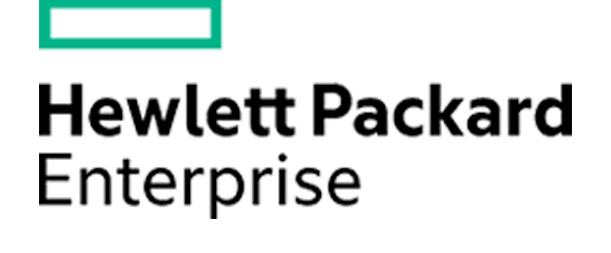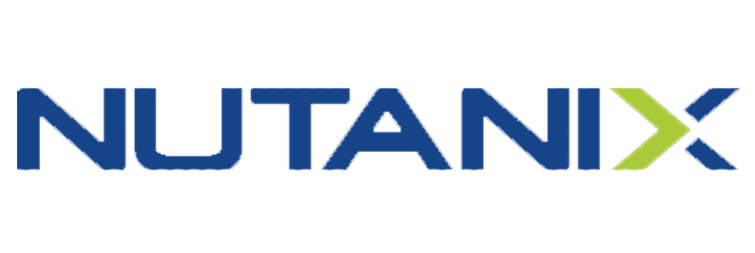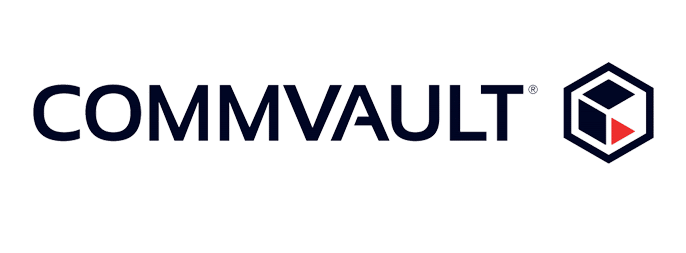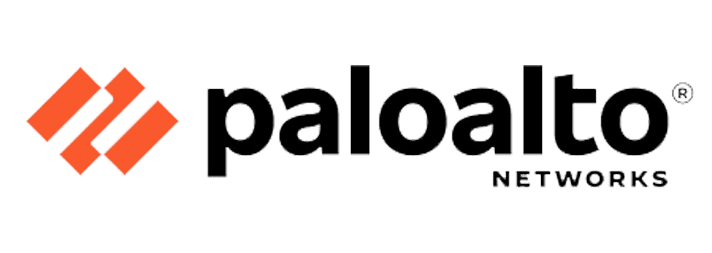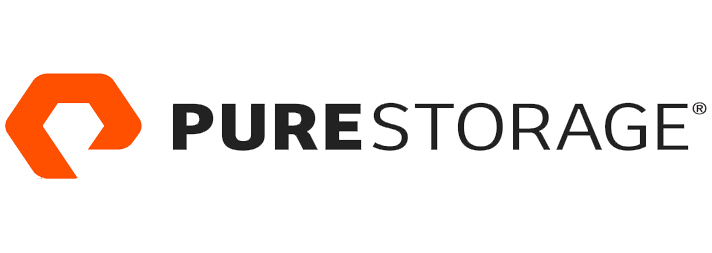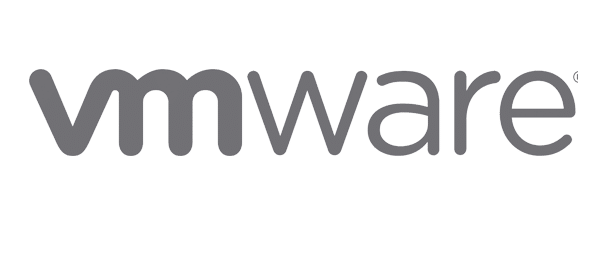Battling Ransomware & Cyber Threats in Healthcare: A CISO & DevSecOps Perspective

Healthcare organizations face rising cyber threats, with ransomware as a leading concern. In recent years, hospitals, clinics, and health systems have experienced increased cyberattacks. 92% of healthcare organizations reported experiencing cyberattacks in 2024, and 69% of those incidents affected care delivery.¹
Nearly 400 U.S. health organizations were hit by ransomware, with average payouts of $4.4 million and recovery efforts often incurring additional costs and downtime.² The urgency of restoring critical services makes healthcare a prime target.
Ransomware: Healthcare’s Biggest Threat & Why It’s So Prevalent
Hospitals and health providers hold high-value data, from personal identifiers and financial info to sensitive medical records, making them lucrative targets. Healthcare organizations also cannot afford extended downtime. When systems are locked by ransomware, patients’ lives may hang in the balance, creating immense pressure to pay the ransom quickly.
Several factors contribute to the ransomware epidemic in healthcare:
- Busy staff are bombarded with emails, making them easy targets for phishing—often disguised as COVID alerts or EHR messages. One click can open the door to ransomware.
- Many hospitals rely on legacy infrastructure and medical devices that can’t be updated without risking operations. These unpatched systems are low-hanging fruit for attackers.
- Hospitals run thousands of connected devices, from smart beds to IV pumps—plus third-party integrations. Every connection is a potential entry point.
- Healthcare organizations are known to pay ransoms quickly to resume care. That reputation keeps cybercriminals coming back.
Ransomware can cost millions in ransom, recovery, and lost revenue, averaging $900K in downtime alone.2 But the true cost is patient safety—something no other industry risks to the same extent.
The CISO’s Dilemma: Strategic Security Pain Points
From the Chief Information Security Officer (CISO) perspective, ransomware may be the most visible threat, but it’s part of a much larger, complex picture. Today’s healthcare CISOs must juggle aggressive threats and the constant need to keep clinical operations running smoothly. Here’s a breakdown of the top pain points:
- Ransomware & Phishing Threats: Ransomware is CISOs’ #1 threat. CISOs are investing in better email security and user awareness training, but attackers constantly refine their tactics. The strategic challenge is staying ahead of evolving ransomware techniques.
- Rising Regulatory Pressure: Healthcare is heavily regulated, and regulators are pushing for stronger cybersecurity accountability. CISOs need solutions that align with regulations and support audit readiness while defending against real-world threats.
- Skilled Labor Shortages: There’s a cybersecurity talent shortage across all industries, but it hits healthcare especially hard. Many hospital security teams are understaffed and overextended, forcing CISOs to rely on automation, managed services, and virtual roles to fill gaps and maintain 24/7 coverage.
- Vendor & Supply Chain Risk: Modern healthcare is highly networked with vendors, but every third party can introduce risk. CISOs must enforce security standards across a vast, often opaque supply chain.
- Security vs. Usability: A CISO could design an ultra-secure environment, but it’s a non-starter if staff find it unusable or if it slows patient treatment. CISOs must balance protection with usability and position cybersecurity as essential to patient safety, not just an IT cost.
The DevSecOps View: Operational Security Challenges
While the CISO sets strategy and manages risk, DevSecOps and security engineers handle day-to-day operations. In healthcare, they maintain monitoring systems, embed security into app development, and respond to real-time threats. Their challenges are often technical and workflow-related. Key pain points include:
- Alert Fatigue & Overwhelming Noise: Many security tools are often deployed to meet compliance and protect varied systems. DevSecOps might start the day with hundreds of security information and event management (SIEM) alerts, of which only a couple represent actual issues.
- Cloud & Container Gaps: Many providers are migrating data and applications to the cloud and adopting containerization and microservices for new healthcare applications. While this brings agility and scalability, it also introduces new security challenges. The concern is that while the infrastructure has modernized, the security may not have fully kept up.
- Slow Security Processes: DevSecOps aims to integrate security into the development process without sacrificing speed, but 86% of professionals say security testing slows development.3 DevSecOps must streamline security checks, using automation and integration so that security is baked in and doesn’t feel like a hindrance.
- Need for Automation & AI: Manual processes can’t scale to the magnitude of modern threats. DevSecOps want tools that leverage machine learning (ML) to detect anomalies, correlate events, and even respond autonomously to contain threats.
- Continuous Integration/Continuous Deployment (CI/CD) Integration: DevSecOps value solutions that integrate seamlessly with their CI/CD pipelines. This means security checks happen in the background as part of the normal development workflow rather than as a disruptive separate process.
Bridging Strategy & Operations: How Comport Helps Healthcare Teams Securely Move Forward
Healthcare cybersecurity requires a dual focus: high-level strategy for CISOs and hands-on execution for DevSecOps. Comport bridges that gap with proven, healthcare-specific solutions that address real-world pain points from ransomware defense to regulatory compliance, staffing shortages, and cloud security. Here’s how Comport helps:
- Delivers layered ransomware protection through top-tier security partners
- Helps healthcare teams scale with compliance-ready solutions
- Extends security teams with expert support and managed services
- Adds AI and automation for faster threat detection and response
- Secures cloud and containers across hybrid environments
- Makes new tech work seamlessly with what you already have
Ransomware and cyber threats thrive on gaps. Comport helps you close them. Let’s protect your organization, so your team can focus on what matters most: patient care. Contact us for a personalized consultation.
Sources:
- https://www.scworld.com/perspective/in-the-wake-of-the-doge-cuts-on-cyber-why-the-healthcare-industry-must-step-up
- https://www.darkreading.com/cyberattacks-data-breaches/two-attacks-target-healthcare-sector-adds-growing-list-ransomware-threats
- https://www.blackduck.com/blog/black-duck-devsecops-report.html

